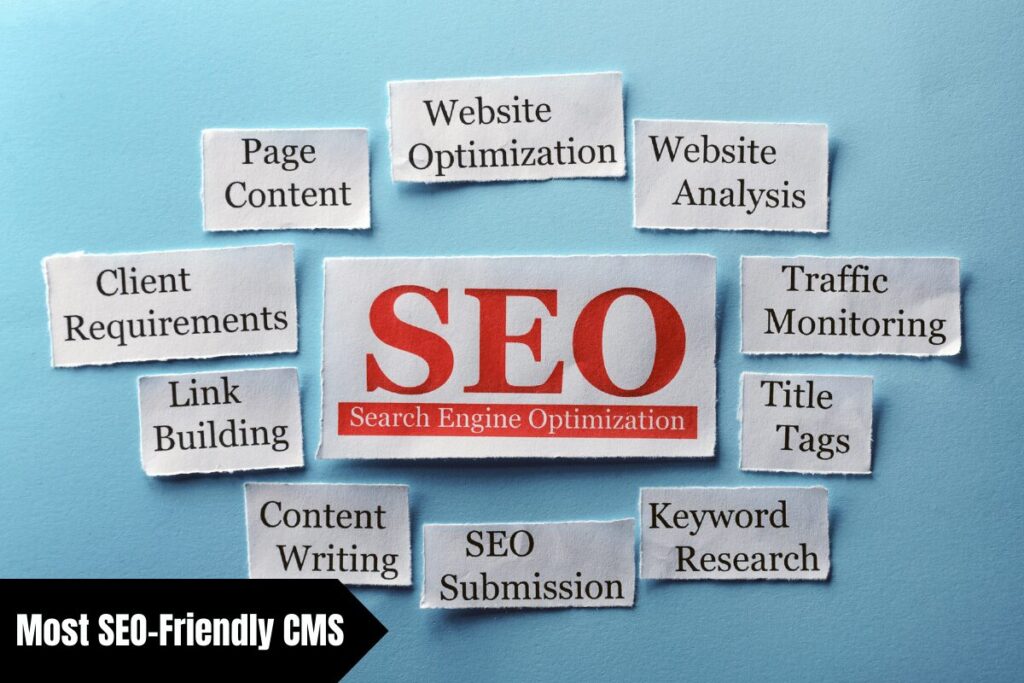
Unlocking SEO Success: How Your CMS Could Be Hurting Your Rankings
BlogLet’s get real for a second. How many times have you poured hours into optimizing content, tweaking meta tags, and chasing backlinks, only to realize your CMS (Content Management System) is basically working against you? We’ve been there too. If your CMS isn’t built with SEO in mind, you’re stuck playing a rigged game. But hey, no judgment—we’re here to geek out about SEO-friendly CMS platforms and how they can turn your site from invisible to irresistible.
